Listening to Your Body- What Does That Even Mean?
It’s time to talk about body awareness: Every body is different, and everyone experiences their body in different ways. Listening to your body is a huge part of deep health (the idea of being healthier in all parts of your life- physically, mentally, emotionally, and socially) and an extremely important life skill to cultivate. Knowing why your body feels the way it does is powerful knowledge and can have a huge impact on your daily and long-term life choices.
Our bodies can be more complex than we realize, though. Figuring out what you feel and knowing what to do about it means setting time aside, practicing, and not overriding or pushing past the signals your body is giving you- not always an easy task! You might be surprised to learn that emotions can have physical manifestations. For example, a stressful situation with a friend could actually be affecting your workouts.
While it’s important all the time, listening to your body and honoring its needs is crucial when starting a new physical activity or workout routine. Knowing how your body usually feels gives you a baseline to adjust when something is different and can shape your workout plan (more on that in Step 3!).
How to listen to your body
Use this three step process to help you figure out how you feel, how it’s affecting you, and what to do about it: Listen, Decipher, then Respond.
LISTEN
To be able to decipher or respond to your body, first you have to listen! It’s important to acknowledge both positive and negative feelings in your body; for example “I feel really great right now” is just as important as “my leg hurts” or “I feel really anxious right now.” Whatever you feel physically, mentally, and emotionally is valid! Honor what you feel in that moment, no matter what it is.
Listening on a regular basis helps you start to recognize what your body usually feels like and how it fluctuates with your life. Below are two different versions of a mind-body scan, but if you find another way that works well for you, go for it! There are no wrong answers here.
Do a mind-body scan meditation, such as this one. Listening through meditation can also have the added benefits of helping you relax and tuning out anything else.
If you’re not meditation inclined, try using this worksheet to assess your mind and body.
Example: While doing a mind-body scan, I realize my body doesn’t feel so great, although nothing specifically hurts.
DECIPHER
What are you feeling?
The what is the first half of deciphering. Naming your feelings sets you up to act in a way that will honor your body best- you can’t make choices about something you’re not aware of yet. The more specific you can get with the feeling, the more meaningfully you can respond.
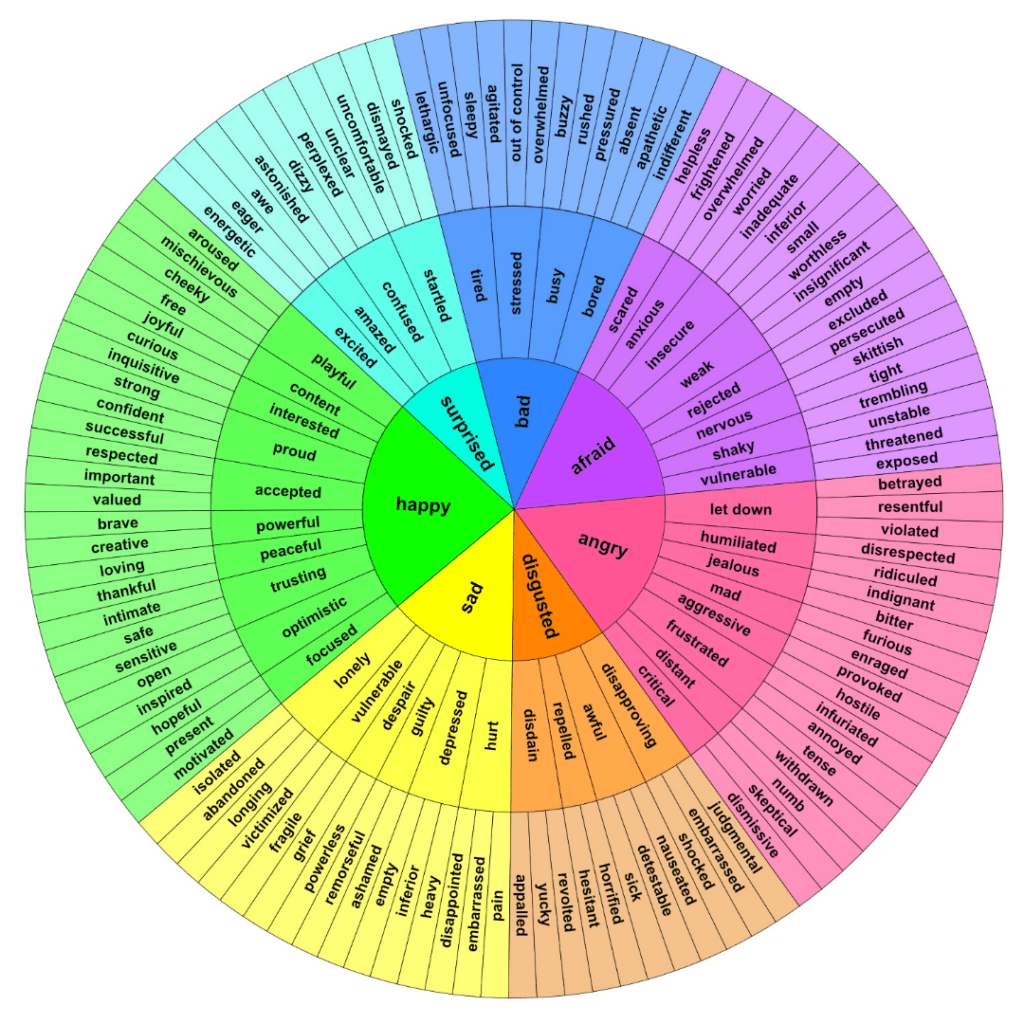
This is an example of an emotion wheel, which can help give you words to identify feelings. It’s important at this step to recognize emotions as well as physical feelings. Knowing you feel anxious is just as important here as recognizing your knee hurts, for example.
Example: I feel lethargic and tired.
Why do you feel that way?
The second half of deciphering is finding the why. Where does this feeling come from? This isn’t always a straightforward process, and it may take some time to figure out. It takes time to get to know your body and trust what you’re feeling, but remember *you* are the expert on your body. Unfortunately, society and past experiences can cause you to not trust your feelings and even push past or ignore what you feel. Fight against that!
If possible, start intentionally taking some time during different parts of your day to do a short body check-in.
Example: I feel lethargic because I’m not moving my body enough during the day, which throws off my sleeping.
To get an overarching view of your current lifestyle, try this deep health questionnaire.
Ask yourself a series of questions. You can use one like this or come up with your own tailored list of questions that fit your life. Is there something going on in your life that could be creating that feeling?
Sometimes this step is as simple as acknowledging you feel sluggish today because you didn’t get enough sleep last night or your knee hurts because you took a long walk earlier. Other times it might take more space to figure out and recognize how one part of your life is affecting another.
RESPOND
The final step is to respond to your body and honor its needs.
- What’s the best choice for how to respond in this moment?
- How do you want to respond to the feelings you’ve deciphered in your body?
The more you do this over time, the better picture you’ll have of how to respond. The reason finding the why in the last step is so important is because different things can create the same feeling. You might feel exhausted because you’re overtraining or doing too much in your day, or you might feel exhausted because you’re not getting enough movement in your day. It can be frustrating that the answer isn’t always the same, but the more you practice, the better you’ll be able to decipher and respond. You might need to try a few different responses before you find the one that works for you.
Example: I’m feeling lethargic and tired because I’m not moving my body enough during the day, which throws off my sleeping. My response is to schedule a time every day when I go for a walk or do something else active, and I’m even going to get my friends involved to help keep me motivated.
What about exercise?
How you feel can absolutely affect your exercise or workout plan. A simple way to approach responses in this area: Do I need to move more, or do I need to move less?
When to do less:
When you’re stressed*, tired, unfocused, doing too much (overtraining), very sore, or in pain.
You can adjust your workout by keeping the same movements but doing less overall work, or you could switch out your planned workout for something different, such as low intensity cardio, yoga, mobility movements, light stretching, or a walk. If needed, skip the workout altogether and don’t feel bad about it!
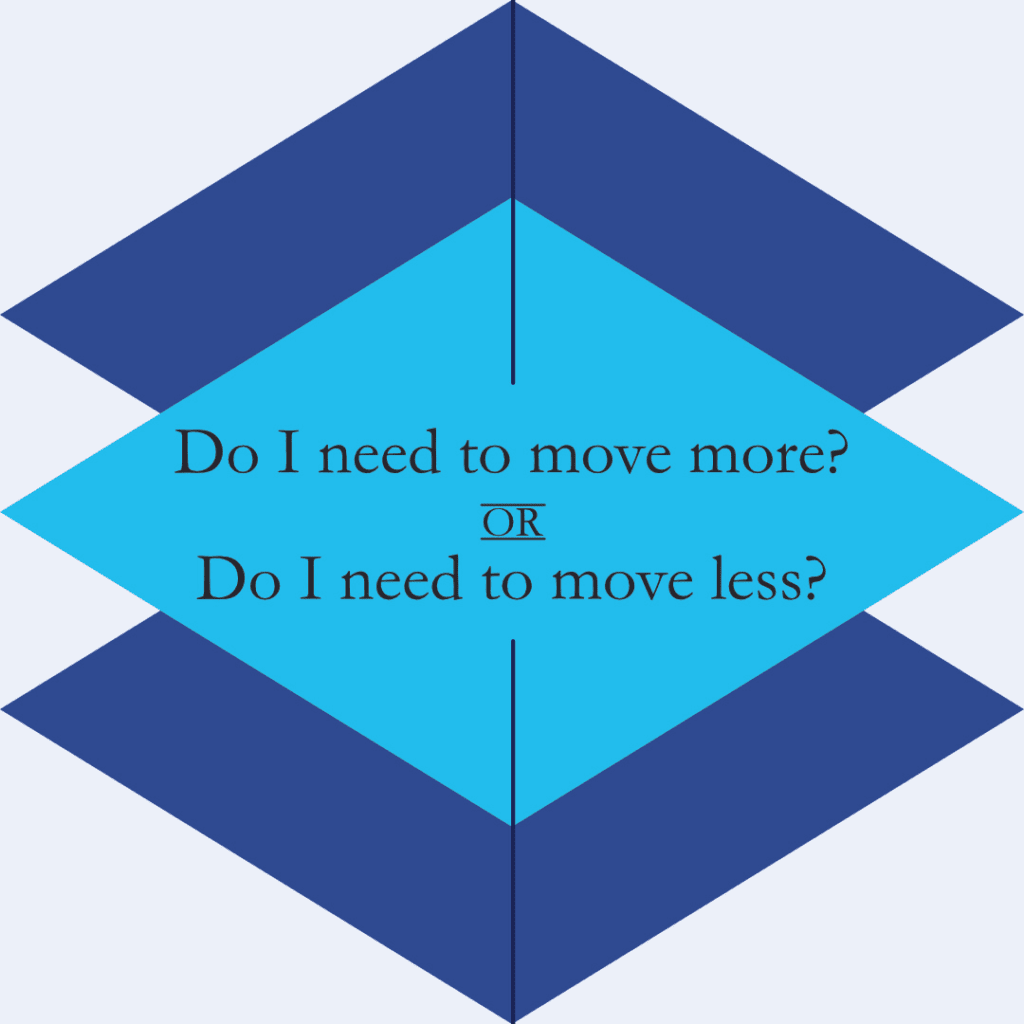
When to do more:
When you’re stressed*, anxious, tired due to lack of movement, or feeling disconnected from your body.
Doing “more” depends on what you’re already doing. If you don’t get much movement in your day, going for a daily walk can make a huge difference! Starting an exercise plan or changing your current one can help you manage stress and anxiety and help you feel more connected to your body.
*Whether you want to exercise more or less depends on the individual. Stress is tricky. Many people find exercise helps their stress levels, but sometimes in the event of something very stressful, it could be a good idea to focus on less intense movement or rest instead.
A couple tips:
- Distinguishing between being unmotivated and actually not feeling good can be challenging. If you can’t decide, start with five minutes and reassess- do you feel better and want to keep going, or do you still feel bad and want to stop?
- Be gentle with your body. It may not do the same thing today as it did last week depending on how you feel. If possible, check in with your body at the beginning of each workout and adjust your workout plan as necessary.
The more you follow this process for listening to your body, the easier it gets. You’ll become adept at figuring out how you feel and what to do about it in all parts of your life. It’s time to get in tune with your body!
Sarah Siertle, a strength and movement coach, specializes in introducing people to strength training and works to make the fitness world a more inclusive place. She has been a movement instructor since 2012 and also teaches swing dance around the US. Find other articles written by Sarah on her coach profile. Let Sarah help you get STRONG so you can take advantage of life’s adventures!

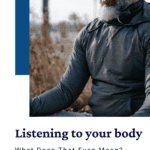
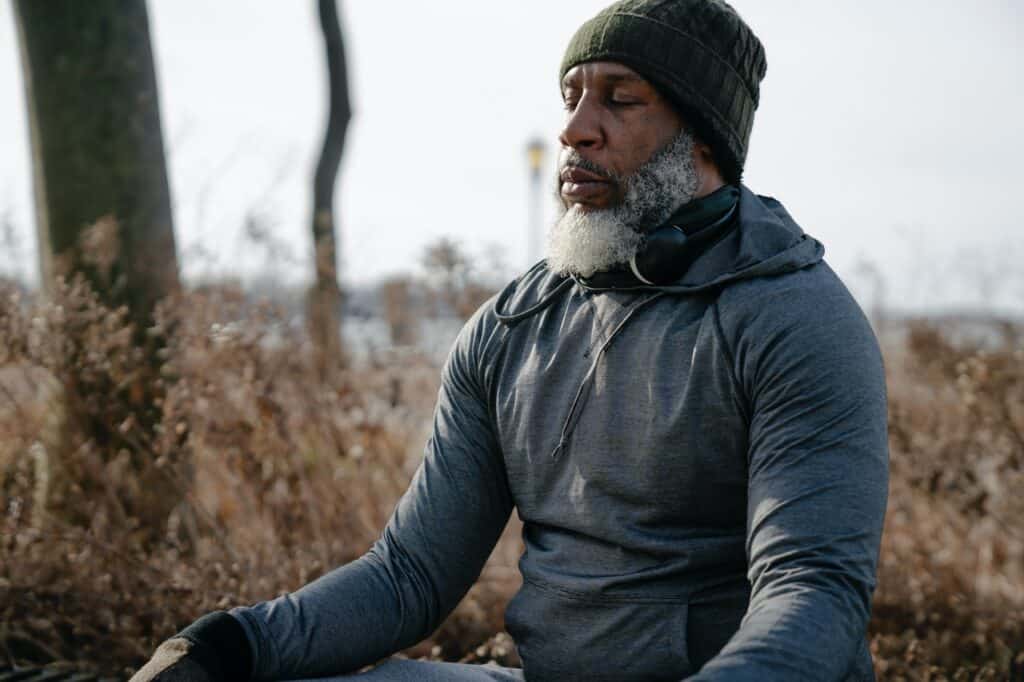
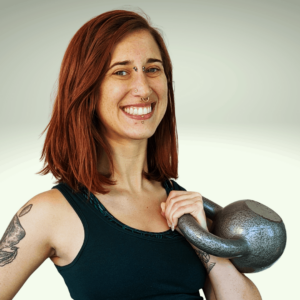
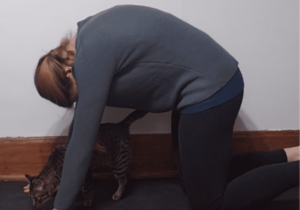
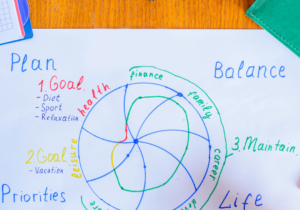

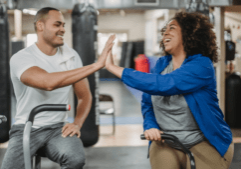
I find this question gets asked a lot. Thanks for the great article.